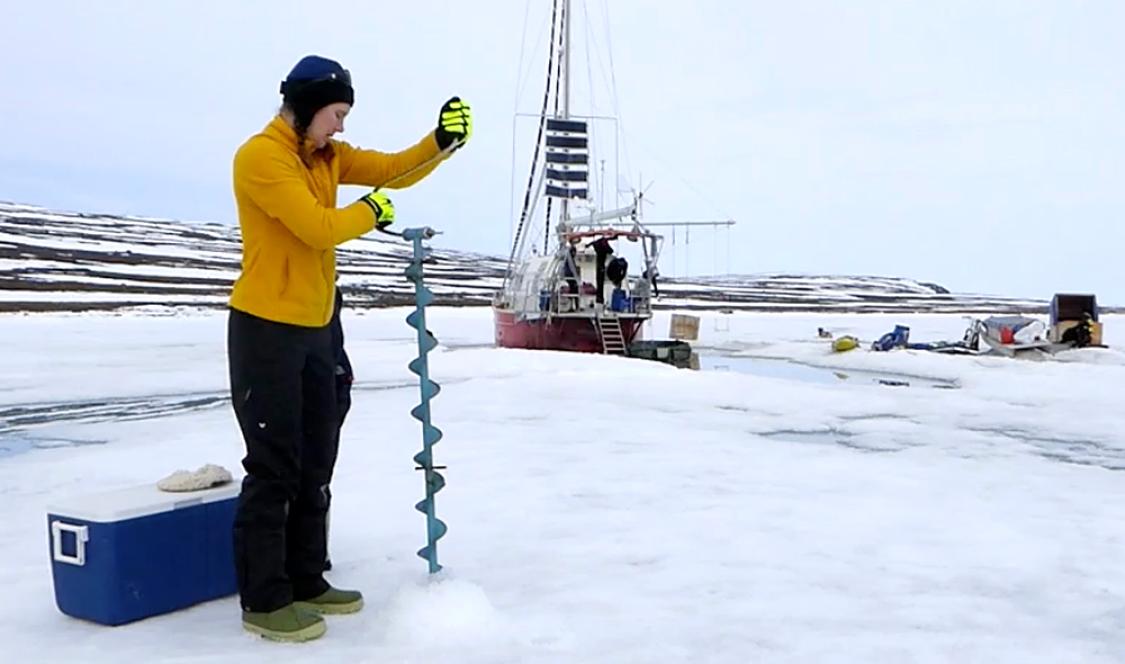Branwen Williams traveled from Claremont to the Arctic Circle in 2015 with a diver to search the frigid waters for coralline algae. Her goal: to examine the age and growth pattern of the algae to measure climate change.
Williams, Assistant Professor of Environmental Science at the W.M. Keck Science Department, succeeded in collecting samples from the area—the first researcher to do so—and returned to campus to analyze them.
National Geographic is featuring her trip in its new video series for kids: “Explorer Academy: The Truth Behind.” Part of Williams’ video was filmed on campus earlier this year. The trip will also be part of Explorer Academy’s upcoming book series.
“If people are causing these changes in the environment, it means we can do something about it,” says Williams, whose work focuses on developing and interpreting records of environmental variability in our oceans from the tropics to the poles.
The National Geographic Society’s Committee on Research and Exploration funded Williams’ research. She will be speaking about her findings at the American Geophysical Union conference in Washington, D.C. in December.
On campus, Williams runs a student-centric research program with funding from the National Science Foundation, National Oceanic and Atmospheric Administration, and National Geographic Society. She recently received a new grant from National Geographic for an ongoing study on the health of mangrove forests in Asia.
—Susan Price

